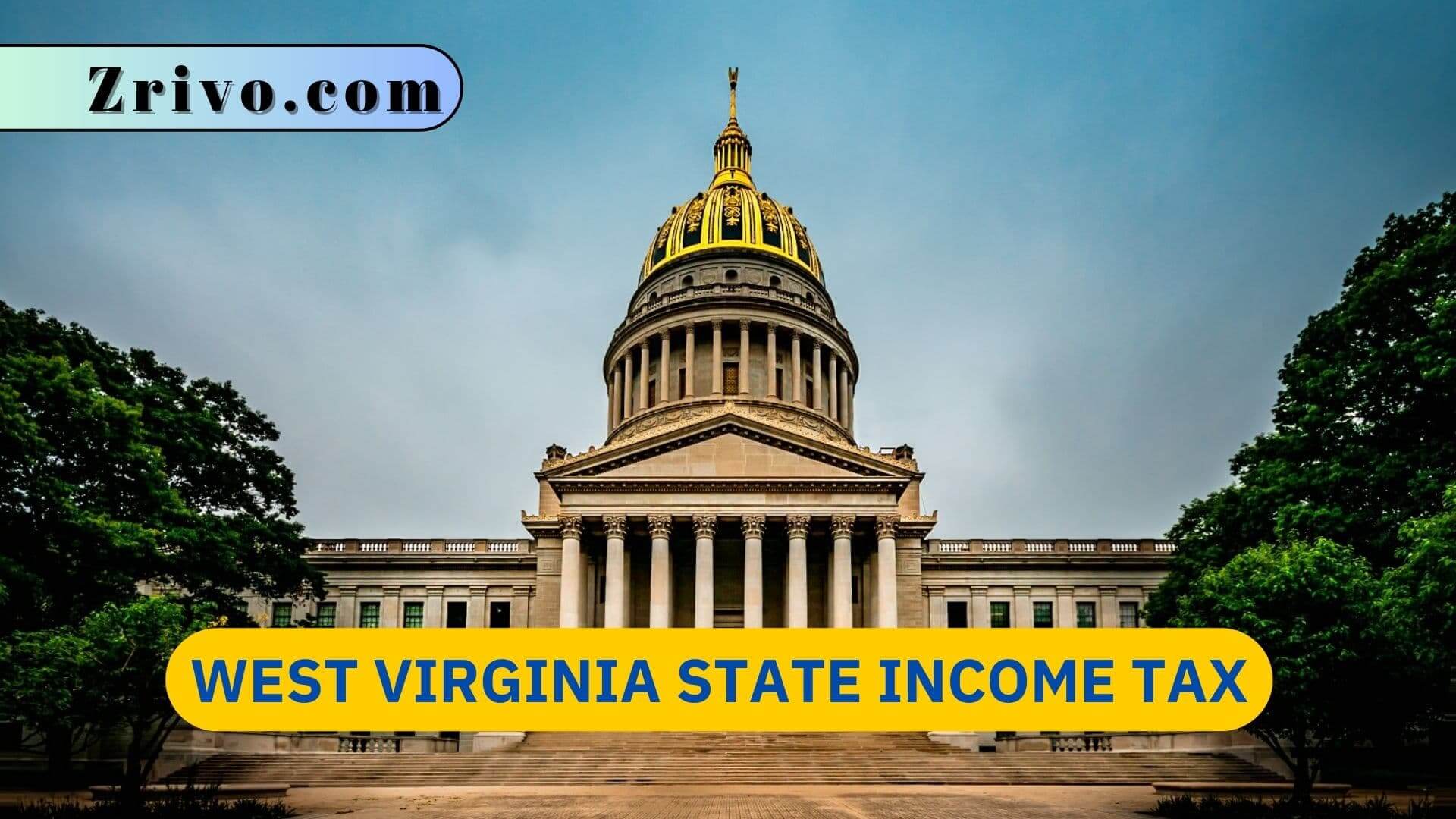
West Virginia has a state income tax with rates ranging from 3% to 6.5% and a 6% statewide sales tax, and several cities collect local sales taxes. The state also levies a fuel and cigarette tax, which are generally lower than the national average. The state also has one of the lowest property taxes in the country. Individuals in the state must pay West Virginia income tax based on their taxable income derived from federal adjusted gross income. This is calculated by adding deductions and subtracting allowances. The final taxable income is then taxed at the appropriate rate. Employers must withhold West Virginia state income tax from their employees’ wages. Tax tables are determined based on an employee’s wage and filing status.
West Virginia State Income Tax Exemption
West Virginia state income tax exemptions are a great way to lower your tax bill. By understanding how they work, you can make informed financial decisions about your taxes and your home. Ultimately, this will help you save money in the long run.
Unlike many other states, West Virginia doesn’t have an estate or inheritance tax, making it one of the best places to retire in the country. Property taxes in the Mountain State are much lower than in most other states. In fact, the average tax bill for a home is only $756. Furthermore, seniors who receive Social Security benefits or government pensions can claim a deduction of up to $2,000 from their state income tax.
Similarly, West Virginia has several tax credits aimed at helping families with low incomes. This includes the Earned Income Tax Credit, which provides a refundable credit for low-income working families. The state also offers a low-income exclusion available to individuals who have earned less than $10,000. However, this tax credit is subject to income caps and qualifying requirements.

West Virginia State Income Tax Due Dates
The West Virginia state tax due date is April 15 for personal income taxes. For individuals who need to extend their deadline, the state offers a six-month extension with the filing of Schedule L. This form must be filed by the original due date and must accompany a state tax payment.
Corporate tax returns are due by March 15 or the 15th day of the third month following the end of the taxable year (for fiscal year filers). The state also provides a 6-month extension for corporate returns with the filing of a Federal extension.
West Virginia is a destination-based sales tax state. Therefore, retailers must collect and remit sales tax on all taxable purchases made by customers in the state. This includes sales made via marketplaces such as Amazon Fulfillment by Amazon and sales at conventions and trade shows.
Navigating payroll taxes is complex, especially in states like West Virginia, with unique rules and regulations. Rippling can help your business manage these complexities by automating all tax payments and submissions. Additionally, the software continually monitors state laws to ensure total compliance.